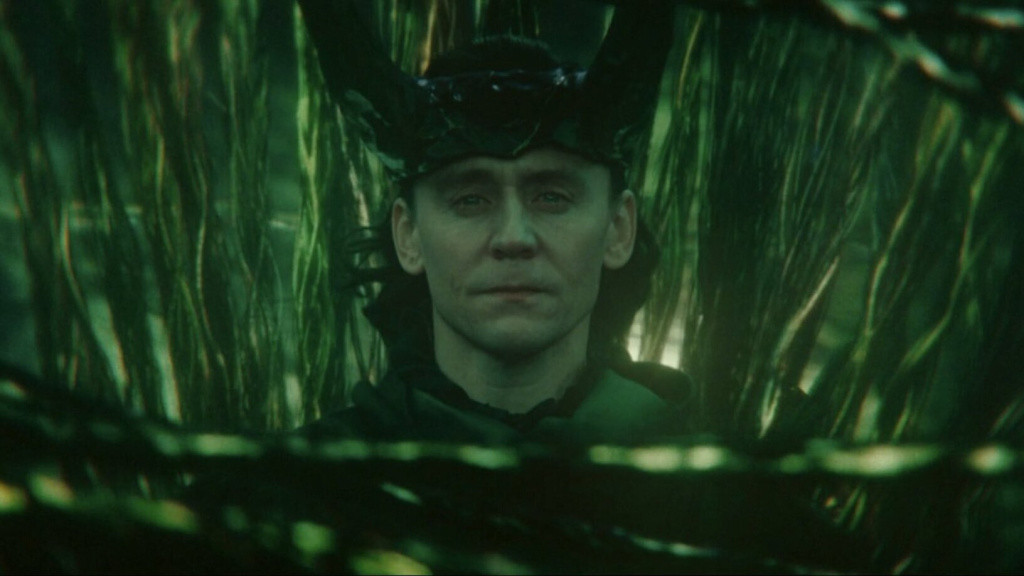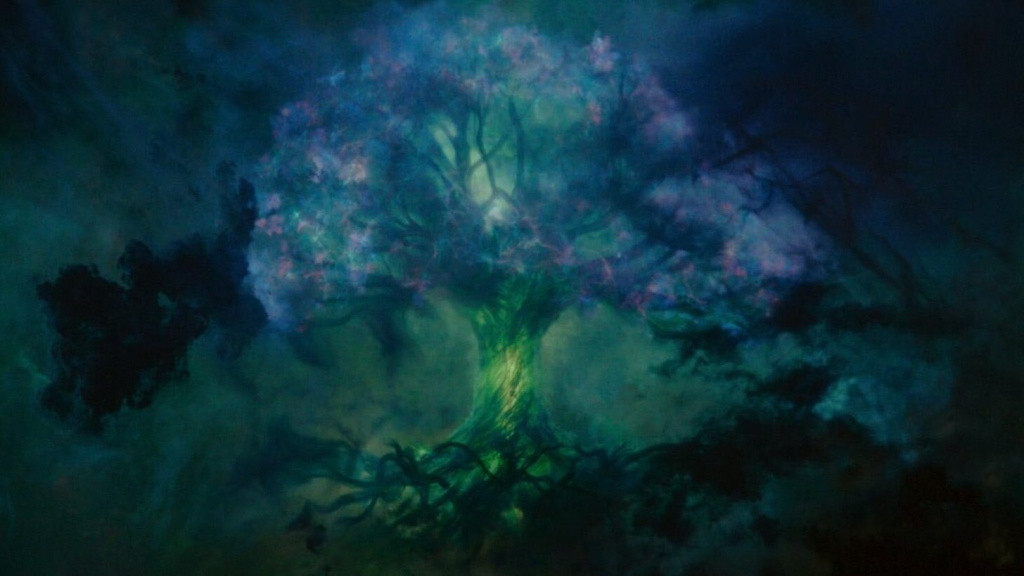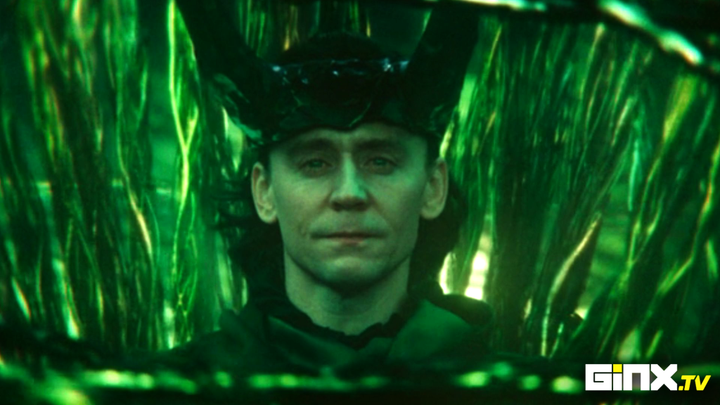With Loki Season 2 ending, it gave audiences who tuned in the finale worthy of the newly crowned God of Stories. Now that the responsibility of looking after the multiverse while the TVA continues its work, Loki has fully controlled his time-slipping ability; however, the episode's ending may leave audiences with a handful of questions.
Firstly, what does his new role entail, and how does his newly found ability help him maintain order of the timelines? Well, if you're looking for answers regarding the ending of Loki Season 2, we've briefly explained what Loki's new role means regarding the Multiverse Saga and how it will influence creative decisions moving forward.
What Does Loki Season 2 Episode 6's Ending Mean?

Much like the episode not having a post-credit scene, its ending has left audiences wondering about its meaning and potential impact on the remainder of the MCU's Multiverse Saga. In Episode 6, it was heavily suggested that Loki's new title is the God of Stories, which, much like in the Loki: Agent of Asgard comic series, the character underwent a metamorphose which saw the titular character reconciling his past and future iterations and becoming more of passionate ruler.
He merged himself and his godly abilities with an ominous artifact, thus becoming Loki, the God of Stories, but in the MCU, they took an entirely different route for him to become the God of Stories. However, in the final episode, he traversed across years and centuries of trying to prevent the Temporal Loom from imploding but realizing that it wasn't possible, so another option was needed to avoid this calamity from occurring.
Realizing that the Temporal Loom was not meant to be his primary focus as it was fashioned as a failsafe for He Who Remains, Loki has to confront him at the Citadel once again to ensure the safety of the Sacred Timeline. But He Who Remains offered him an ultimatum: kill Sylvie or set off the Temporal Loom, which would destroy the TVA and the Sacred Timeline.

Knowing that he would likely have to come to terms with bidding Sylvie goodbye, as risking the TVA and the Sacred Timeline was not an option, Loki decided to do things his way. Sacrificing the chance to be reunited with his newfound family, he killed He Who Remains, much like Sylvie did in Season 1's finale, and took his place as the keeper of time.
As he wished his friends well, he destroyed the Sacred Timeline but merged himself with the timelines, forming the Multiverse Tree resembling Yggdrasil, which essentially keeps them alive and him at its tree's center. This allowed everyone at the TVA to forge their paths and start their new lives elsewhere across the branched timelines while he remained at the End of Time.
Now that Loki has assumed the role previously vacated by He Who Remains, he overlooks the timelines and protects them from any threats, thus beginning his benevolent rule at the Citadel at the End of Time. However, as he oversees the entire multiverse and its branching timelines, there is a chance he may or may not invoke a multiversal war, and that's a fate that will be interesting for Marvel Studios to follow up, especially with no mentions of He Who Remains or Kang the Conqueror and its variants.
All Loki Season 1 and 2 episodes are now available to stream on Disney+.

 No ads, our video library,
No ads, our video library,

